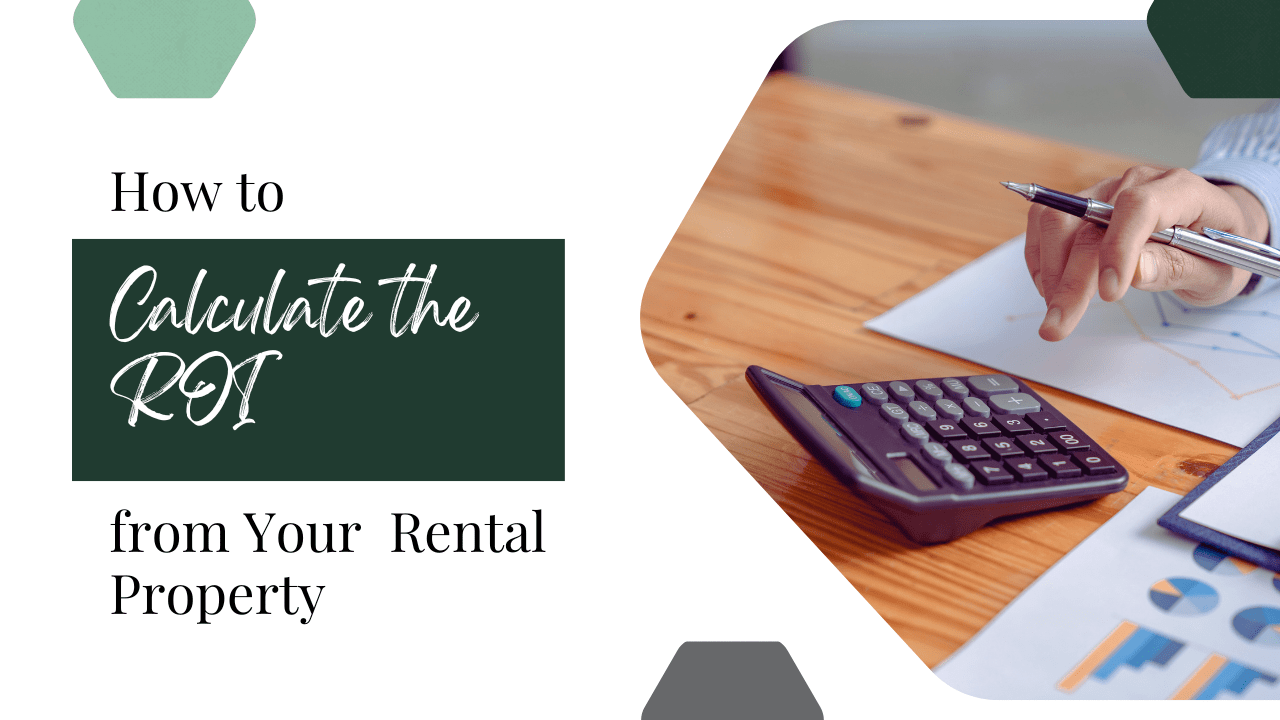If you’re like most real estate investors, earning as much return on investment (ROI) as possible is one of your main investment goals. It’s why you buy property, hold property, rent out property, and improve property.
Understanding how exactly to calculate your earnings is not always as obvious as it seemingly should be. But, it’s a necessary step in successful investing. Usually, you’ll find ROI expressed as a percentage or a ratio, and while it seems like it should be a matter of simple math to calculate what you’re earning on your investment property, there are several variables that can make analyzing your returns and profits a bit complicated.
When you want to keep it simple, you can divide the amount you’ve earned by the cost of acquiring your asset. That shows you the base ROI.
Here’s what that looks like: Earnings / Cost = ROI
Several different things will impact ROI, which makes it difficult to talk about in a general sense. For example, the length of your mortgage loan will impact your ROI. If you purchased your investment property in cash, that’s going to lead you to different calculations and analyses.
With that in mind, we’re providing a high level overview of how to calculate your ROI from your Coos Bay rental property. We’re also taking this opportunity to share a couple of our best ideas for maximizing what you earn.
How Does ROI Impact Your Investment Goals?
Before you can effectively analyze your ROI, you need to know how to define success. Are you investing in Coos Bay single-family homes for cash flow, appreciation, or both? Or, are you focused on multi-family investments that you know will bring in reliable cash flow every month and protect you from vacancy risk?
In your best-case-scenario, your investment property will earn both positive cash flow and provide appreciation potential. Most investors, however, are weighing one factor more than the other. You need to know what your priorities are before you begin analyzing ROI.
Establish your investment goals if you haven’t already. That’s going to drive how you analyze your earnings.
Cash Flow: Analyzing ROI from Rental Income
Maybe cash flow is the most important investment goal. In that case:
Add up all of your monthly or annual expenses, including your mortgage and taxes, property insurance, and the reserves you may be putting aside to cover unexpected vacancies and maintenance.
Subtract that number from your monthly or annual income.
The result will show you whether you’re earning positive or negative cash flow.
This is short-term ROI. It may seem counterintuitive to feel like your investment is successful when you’re falling into negative cash flow, but remember - investing in rental property is often a long game. A lot of investors will not be worried if the cash flow isn’t huge. They’ll analyze their ROI in other ways.
Appreciation: Analyzing ROI for Long Term Growth
How do we measure and analyze appreciation? Appreciation is the increase in value your property experiences from the time you make the purchase to the time you decide to sell. Right now, your property value is probably much higher than you expected, whether you bought the house five years ago or 20 years ago.
To calculate your ROI for the purposes of appreciation, you will need to first analyze how you purchased the home. If you paid in cash, you’re already at a great starting point. You’ll simply look at your net profit or the gains you made on your investment and then divide it by the original cost of the property. If you have a mortgage, you’ll follow the same formula but you’ll also have to factor in what you put down on the purchase and what your monthly mortgage payment is.
ROI Calculation Formulas
What will your specific analysis look like?
The amount of ROI you’re calculating depends on the Coos Bay rental market, and that’s because your earnings will depend on how much rent you can charge and how long your property might be vacant during turnovers.
Your first step in determining your ROI is to look at your annual rental income. Perhaps you’re renting out a property for $2,500 per month or $30,000 annually. That’s your income.
To figure out the profit you’ve earned, subtract all the expenses associated with your rental property. This would include fixed expenses like mortgage payments, taxes, insurance, and any HOA or condo fees. Then, there are other variable costs to consider like maintenance and vacancy or maybe marketing and leasing fees.
The number that remains gives you a general idea of what you’re earning in cash flow. That’s going to contribute to your ROI but remember what really matters is that you’re gaining equity from year to year and at the same time, your asset is appreciating in value. Quantifying that will depend on your home value, which has likely risen.
Increasing ROI for Better Coos Bay Investment Income
 Once you have completed an analysis of your ROI, you might be looking for ways to earn more and spend less on your investment property.
Once you have completed an analysis of your ROI, you might be looking for ways to earn more and spend less on your investment property.
That’s where a Coos Bay property management company can help.
To increase your ROI, you’ll want to avoid vacancy and turnover costs. You’ll want to find a tenant who pays rent on time and takes care of your home. You’ll want to keep the property well-maintained so there aren’t a lot of expensive emergency maintenance costs. We can help with all of that. Our experience, resources, and systems provide for more efficiency and expertise when it comes to leasing, managing, and maintaining your investment.
As you’re calculating your ROI, remember that success looks different to every investor. Consult your own unique investment goals and let those, rather than some random target number, be your guide in evaluating ROI metrics.
Working with a professional Coos Bay property management company can positively affect your ROI. Smart investors know this. If you’d like to talk more about analyzing your ROI and increasing what you earn, contact us at Oregon Bay Properties.

